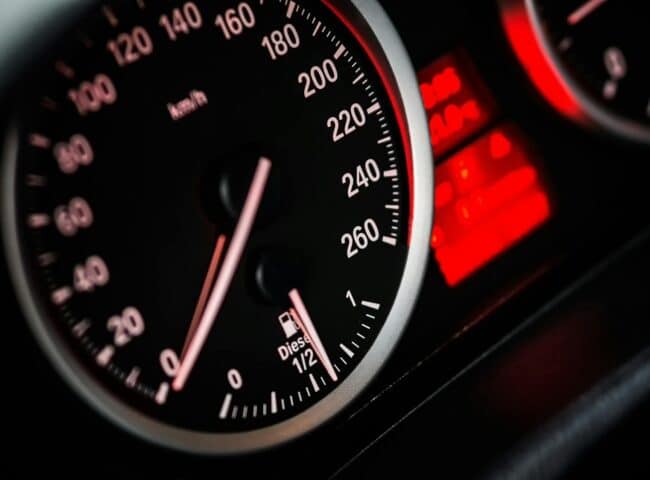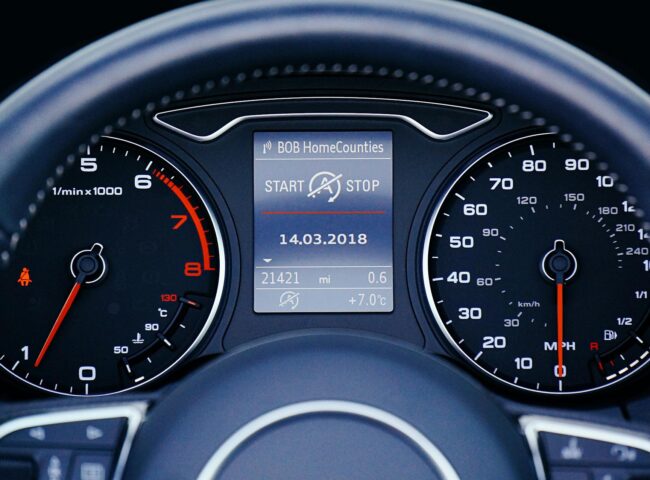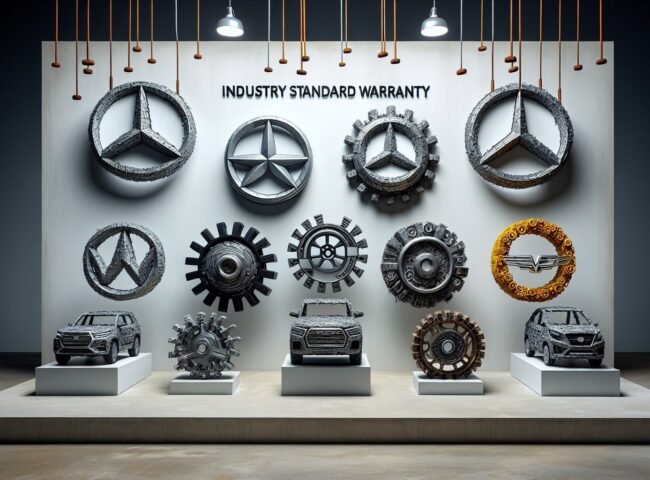There are more than 253 million cars, trucks, and SUVs in use in the United States. And many of those cars have warranties protecting their owners from costly repairs.
But what happens when you decide to sell your car? Are car warranties transferrable to the new owner or do they expire as soon as you transfer the title?
Well, it depends. Here’s what you need to know about car warranties and what happens to the car’s protections when you sell to a new owner.
Factory Warranties Usually Stay with the Car
Factory warranties are the ones that come with the purchase of a new car. They’re backed by the manufacturer and cover damage resulting from manufacturing errors.
But there’s a catch…the warranty doesn’t last forever. But you can find the best car warranty reviews to help make your decision.
Factory warranties last for a set number of years or miles on the road. Once the years are up or you’ve driven the car more than the warranty’s mile allowance, it’s no longer valid.
And that warranty starts the minute the car sells for the first time. So, if you’re buying a used car with a 10-year warranty and the original owner had the car for seven of those years, the warranty will only last for the remaining three years.
Once the car is out of warranty, you’re responsible for the full cost of repairs even if the damage is due to a manufacturer’s defect.
Before buying the car, it’s always a good idea to do a warranty check. Make a note of the car’s VIN and contact the manufacturer. They’ll be able to tell you how much time you have left and give you details about the original warranty if you need them.
Are There Exceptions?
There are always going to be exceptions to the transfer of manufacturer warranties. Some brands only honor the warranty for the original owner.
If you sell the car, the warranty won’t transfer to the new owner. As a seller, this can make it harder to sell the car for top-dollar. As a buyer, it puts you at risk for costly repairs.
Certified Pre-Owned Warranties Transfer
Certified pre-owned cars are ones inspected by the dealership and guaranteed to meet quality standards established by the manufacturer. They’re completely refurbished and are in like-new condition, but have more miles on the engine.
These cars often come with their own warranties completely separate from the original manufacturer warranty.
But these warranties work the same way as manufacturers’ warranties. Why? Because they’re issued by a dealership after a mechanic gets the car running up to manufacturers’ standards.
As such, these warranties typically transfer to new owners. Keep in mind that the warranty period is often short and once it expires, you’re responsible for repairs.
Extended Warranties Are Subject to Different Terms
For drivers looking to protect their cars after the manufacturer’s warranty expires, extended warranties are the best option. These warranties come from third-party providers and aren’t issued by the manufacturer.
But every extended warranty company offers different terms. These terms influence whether the warranty transfers to a new buyer when you sell the car.
Most providers offer both types of warranties, but this can make it a bit confusing. Check the terms in your original warranty contract. If they state the warranty is non-transferrable, the new owner will have to buy a warranty themselves.
If the warranty is transferrable, there may be additional fees and costs to change ownership. Again, these should be in the contract and if you have any questions, reach out to your extended warranty provider for details.
What the Laws Say
Warranties aren’t just subject to their own terms—they’re also regulated by the legal system. This is true whether it’s a new or used car.
Lemon Law
If a car consistently has issues and repairs are ongoing, the Federal Lemon Law, also known as the Magnuson-Moss Warranty Act, protects your investment.
Under the law, you’re entitled to a replacement if their car doesn’t live up to the manufacturer’s standards. This is true for new cars across the country and used cars in certain states.
Keep in mind that each state enforces the law differently and can restrict the timeframe for lemon law claims.
Repairs and Maintenance
Anyone can handle routine maintenance and repairs without voiding the warranty. It doesn’t matter if the warranty is from the manufacturer itself or a third-party company.
No company can refuse to honor your warranty for not having repairs and maintenance performed by a dealership or professional mechanic. This means you’re free to do your own oil changes, make modifications and improvements in your driveway, or work with any mechanic you want.
Keep in mind you may have to pay for damage resulting from the maintenance and repairs. Your warranty only covers the cost of repairs related to manufacturer defects and damage specifically outlined in the warranty contract.
So, Are Car Warranties Transferrable?
Every person buying a car eventually asks themselves “Are car warranties transferrable?” The truth is, a warranty’s transferability depends on the terms outlined in the warranty itself. Most manufacturer warranties are transferrable, but others aren’t.
To know what you’re getting into, you’ll need to read the terms and conditions of each warranty. If you’re selling a car that has a transferrable warranty, mention it in the advertisement. It could help increase the number of interested buyers.
But if the warranty isn’t transferrable, make sure the buyer knows ahead of time. The last thing you want to do is sell a car to someone under false pretenses.
Remember, manufacturer warranties are not the end-all option. You can always find an extended warranty to protect your interest in the car.
Check out our database of warranty reviews and find the right warranty for your ride. We’ll help you find the best plan for your needs at a price you can afford.





